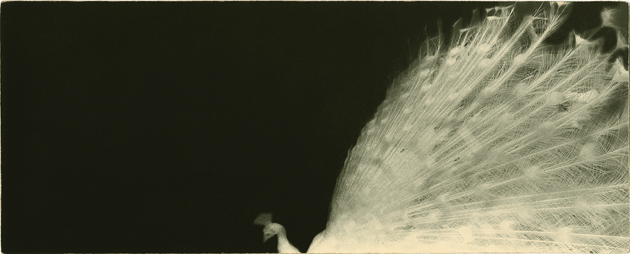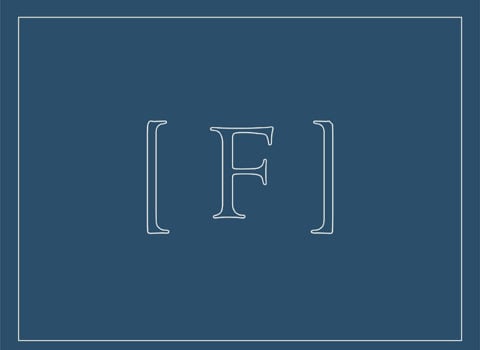Researchers concluded that who is president is the largest factor in U.S. income inequality. U.S. health-care costs rise in part because the system does not put a monetary value on human life. Attorneys with less-masculine voices win Supreme Court cases more often. Old American men adhere to a 1950s and ’60s ideal of masculinity that fails to prepare them for senescence. Mortality fell in Spain during the recent economic crisis because the lives of poor people became either less risky or more healthy. Brexit may alter the pattern of nurse migration to the U.K. The “Afghan Girl” was arrested for violating I.D. laws. Among Swedish men born in 1933, 15 percent were found to have become permanently stressed by age fifty. Jung’s anti-Semitism was found to have been mild. Rational and ridiculing arguments were found to be equally effective in countering conspiracy theories. Linguistic analysis revealed that pro-vaccine comments about Mark Zuckerberg’s baby on Facebook were less logical and rational than anti-vaccine statements. Gaëtan Dugas, referred to as H.I.V.’s Patient Zero, was actually Patient “O” but was subsequently misidentified. Fifteen percent of homeless Los Angeles youth are Juggalos. Agent Orange was not understood as a poison among residents of A Luoi until the late 1990s. Humans are good at recognizing partially obscured snakes. Great white sharks were becoming trapped in diving cages. A new theory of gravity may explain the existence of dark matter.
The idea of cooperation among chimpanzees was cast into doubt, because such cooperation requires that the dominance of any given group member be artificially constrained. Mob behavior allows hyenas to wrest food from lions. If voice commands conflict with gestural commands, dogs obey the gestures. Authoritarian parents exhibit reduced neural response to seeing their adolescent children win money; adolescents with permissive parents exhibit reduced neural response to seeing their parents lose money. By “losing” both stamped and unstamped letters around Perth and seeing how many were eventually mailed, Australian researchers concluded that both financial costs and low socioeconomic status dampen altruism. The more severe the violation of a social norm, the more reluctant bystanders are to call it out, for fear of retaliation. Time pressure does not change the behavior of subjects playing dictator games. Women playing dictator games are more altruistic if they have been exposed to an odorous compound derived from testosterone. Debate continued as to whether the tears of women dampen the sexual responses of men. Sixteen heterosexual men reported an interest in ejaculating on women’s faces while generally believing that the women themselves would not be interested. It remained unclear whether there are benefits to unrealistic optimism.
Quantitative bioscientists described an oscillating tragedy of the commons. Every aspect of life on earth has been affected by climate change. The world’s second-largest hypersaline lake is now at 20 percent of its 1960 level. Thousands of scrotum frogs were found dead near Lake Titicaca. Tropical bedbugs were reported in Florida for the first time in sixty years. A North Korean zoo chimp continued smoking a pack a day. The odds of a multidecade megadrought occurring in the U.S. Southwest this century are as high as 50 percent, and Mayan civilization may have collapsed because of a failure to change habits of consumption during water shortages. The bulwark of old, stable Arctic sea ice was rapidly disappearing. Greenlandic fossils revealed the recovery of life on earth after 90 percent of all species died at the Permian–Triassic boundary. It became easier to identify the last signals from stars that were consumed by black holes. Water-rich planets orbiting Proxima Centauri are probably habitable.





